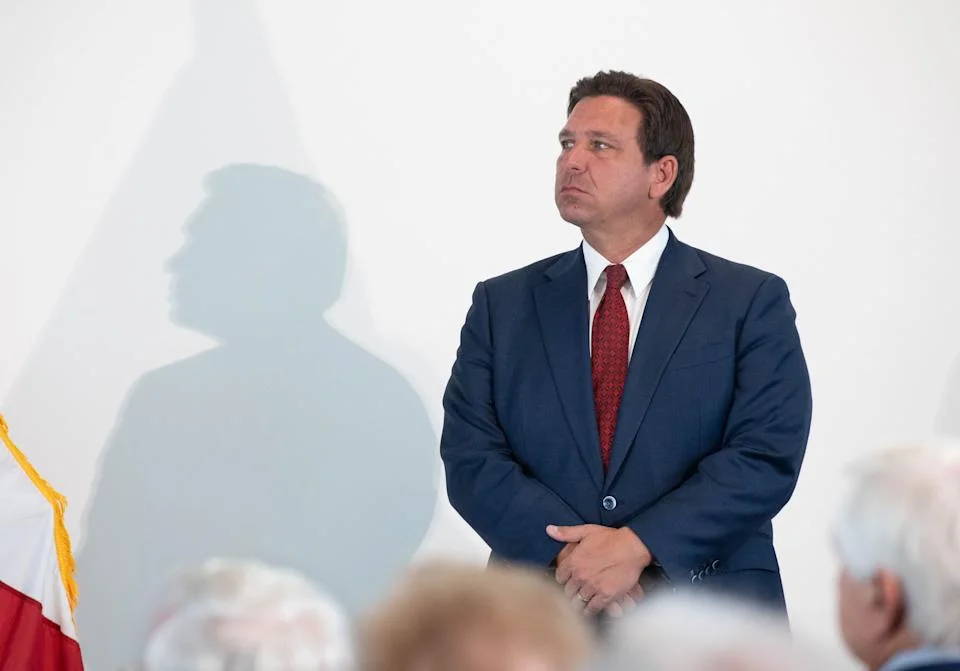
What If a Mother’s Grief Could Change Florida’s Controversial Law?
In the heart of Florida, a mother's relentless campaign against an unjust law is capturing national attention, potentially reshaping medical accountability forever. Cindy Jenkins, grieving the loss of her daughter, has become the face of a movement to repeal Florida's so-called 'Free Kill' law, which critics argue allows medical negligence to go unpunished under certain conditions.
Jenkins' story began in 2023 when her daughter Taylor died after a car accident and subsequent hospital treatment. According to Jenkins, early signs of internal bleeding were ignored, leading to a tragic outcome. 'I was in the deepest grief of my life. They killed half my heart that day,' she shared in a heartfelt interview. This personal tragedy has fueled her mission, culminating in a bold move: funding a billboard near Florida's state capitol in Tallahassee to pressure Governor Ron DeSantis. The billboard serves as a stark reminder of the human cost behind the law, which currently bars families from suing for medical negligence if the deceased was over 25, unmarried, and without children under 25.

Florida stands alone as the only state with such a restrictive statute, enacted in 1990 to curb medical malpractice insurance costs. However, opponents like Jenkins argue it erodes justice and patient safety. The tide may be turning with House Bill 6017, which passed the Florida House in a 104-6 vote in March and the Senate 33-4 on May 1. If signed, it would eliminate these barriers, allowing more families to seek redress. Supporters, including bipartisan lawmakers, see it as a long-overdue correction. Jacksonville Republican Senator Clay Yarborough called it 'a 35-year-old law that needs to be repealed. It's unjust.'
Yet, the bill faces opposition from groups like the Florida Medical Association, who worry about rising insurance premiums. 'It would expose Florida's doctors to greater, unpredictable liability,' stated the American Tort Reform Association in a letter to DeSantis. This debate pits medical accountability against economic concerns, highlighting a broader national conversation on healthcare reform. Jenkins remains undeterred, planning another billboard near the FMA office to keep the pressure on.

As HB 6017 awaits DeSantis' decision—he has up to 14 days if sent post-session—families like Jenkins' hang in the balance. This pivotal moment could restore rights and prevent future tragedies, but only if the governor acts. The story of Florida's 'Free Kill' law is more than policy; it's about human lives and the pursuit of justice.
In conclusion, the potential repeal of this law could mark a significant step toward equitable healthcare, but it raises questions: Will DeSantis prioritize families over industry concerns? What does this mean for medical practices nationwide? We invite readers to share their thoughts in the comments below and spread this story to spark wider discussion.